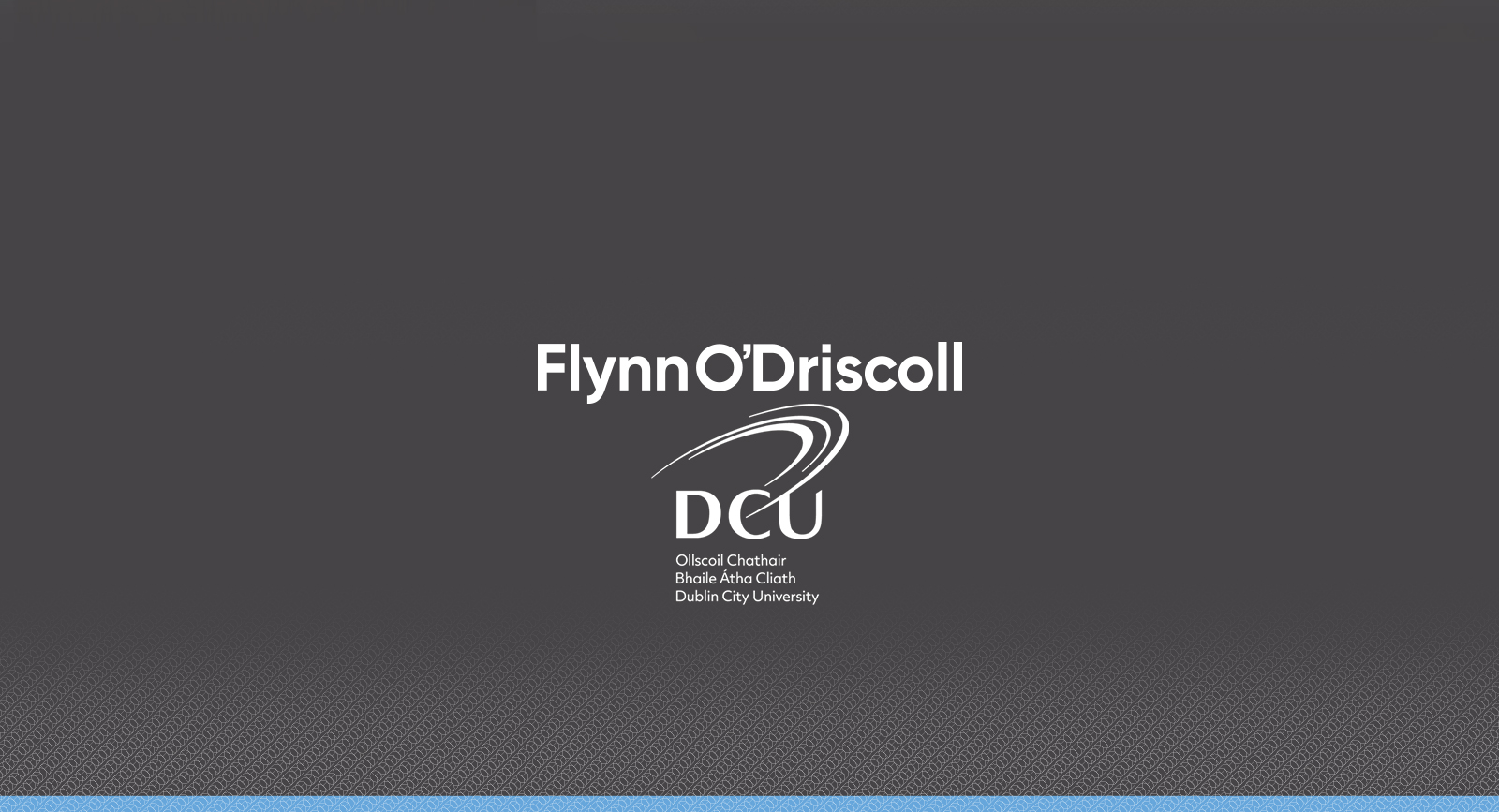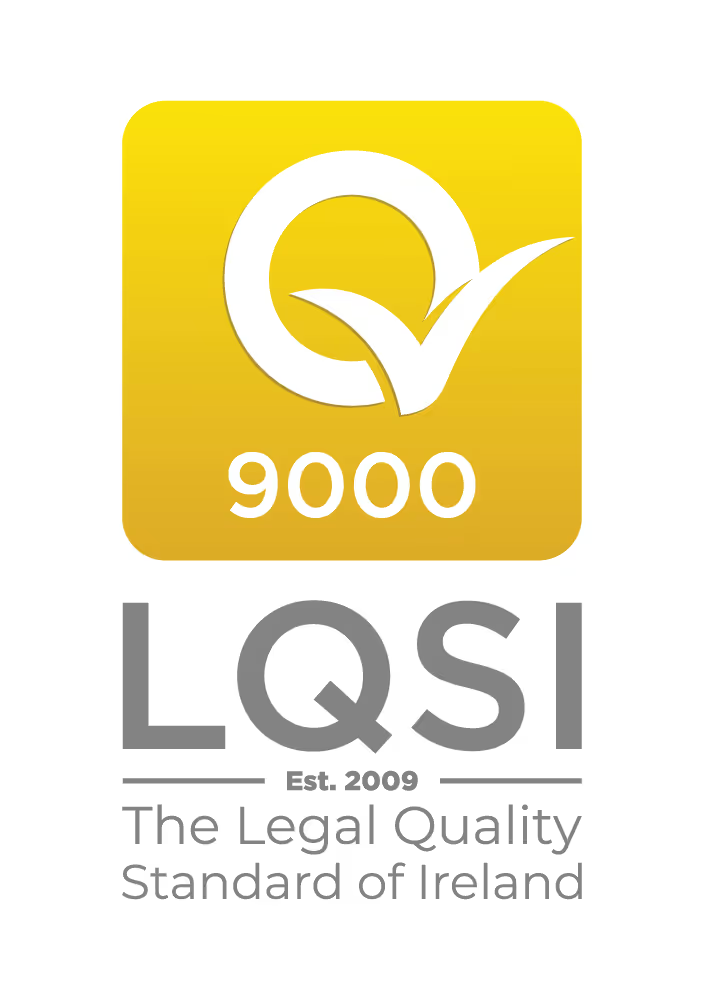SCHEMES OF ARRANGEMENT
NORDIC AVIATION CAPITAL DESIGNATED ACTIVITY COMPANY CASE STUDY
Background
On 21 July 2020, the Irish High Court (Commercial Court) approved a Scheme of Arrangement presented by Nordic Aviation Capital Designated Activity Company and its wider group (“NAC”) pursuant to Chapter 1 of Part 9 of the Companies Act 2014 (the “Act”) restructuring more than €5 billion of debt with over 85 lenders.
The Scheme of Arrangement process is a very powerful tool that can be used by companies to restructure their debts and provides a cheaper alternative to examinership. It can also be used by companies to reorganise their group structure. You can find our detailed summary of the Scheme of Arrangement procedure here.
NAC is the world’s largest regional aircraft lessor and the fifth largest commercial aircraft lessor, with over 75 airline customers in 50 countries. It employs more than 100 people at its headquarters in Limerick and owns approximately 500 aircraft. NAC had accessed a diverse range of funding sources including secured, unsecured, export credit and private placement funding, typically using a different subsidiary of NAC to act as borrower under different credit facilities. NAC guaranteed all of the debt the subject of the Scheme of Arrangement.
Secured creditors of NAC held registered “international interests” for the purposes of the Cape Town Convention (the “CTC”). Ireland has adopted Alternative A under the CTC.
Initial High Court Application
On 9 June 2020, the High Court gave NAC approval to seek to enter into a Scheme of Arrangement with its creditors. NAC was the sole applicant for approval of the Scheme of Arrangement.
In this initial application to the High Court, NAC stated that as a result of the COVID-19 pandemic, it feared that it would run out of cash by the end of July and that it could breach agreements that it had entered in terms of repayments to its creditors. Some 65 of NAC’s 75 customers had sought various concessions on its aircraft leasing agreements and the COVID-19 pandemic also resulted in NAC only collecting 20% of what it was due from airlines that have leased its aircraft.
The High Court made orders admitting NAC’s case to the fast track Commercial Court list and formally gave it permission to convene meetings with its creditors to consider the Scheme of Arrangement. NAC’s applications to the High Court were made on an ex-parte basis. However, several of NAC’s creditors had representatives present observing the High Court proceedings. One creditor representative told the High Court that he represented a group of creditors which held a total of 69% of NAC’s unsecured debt. He said that while his clients had no right to be heard during the hearing, his clients were opposing the proposed Scheme of Arrangement.
The debt standstill, if approved, would allow NAC to continue to operate.
Creditors’ Meetings
One of the conditions required to be satisfied before a Scheme of Arrangement can become binding is that a special majority of creditors at the scheme meeting, or, where more than one scheme meeting is held, at each of the scheme meetings, votes in favour of a resolution agreeing to the Scheme of Arrangement.
The creditors’ meetings were held on 9 July 2020 to consider the Scheme of Arrangement. Well over 90% of NAC’s secured and non-secured creditors who had attended NAC’s creditors’ meetings had voted in favour of the proposals in the Scheme of Arrangement. 91% of an “ad hoc group” of creditors that held just under 50% of NAC’s secured debt, voted in favour of the proposal. A group holding a total of 69% of NAC’s unsecured debt unanimously supported the Scheme of Arrangement.
NAC also secured an agreement for a US$60 million equity injection from its four owners, which include KIRKBI, the private investment office of the Kristiansen family that owns the Lego business.
High Court Approval
Where a special majority at those meetings approves the Scheme of Arrangement, the High Court must exercise its discretion to sanction it. On 21 July 2020, the Commercial Court sanctioned the Scheme of Arrangement.
The Commercial Court noted the level of approval and the lack of opposition to the proposal and was satisfied that it had jurisdiction to make the order sought, giving international recognition to the Scheme of Arrangement, and noting that the Scheme of Arrangement was “fair and equitable”.
Under the Scheme of Arrangement, millions of euro in principal and interest payments due from NAC to its lenders on more than €5 billion of debt will be placed on hold over the next six to twelve months.
Other aspects of the Scheme of Arrangement include that NAC’s shareholders will inject a total of $60 million into NAC, which will reduce non-essential expenditure and cut costs.
NAC will also eliminate an uncommitted proposed capital expenditure programme for the next five (5) years of $5.7 billion. Payments under a committed capital expenditure programme of $1.5 billion will also be deferred.
The CTC and Schemes of Arrangement
Article XI of the Alternative A remedies set out in the Aircraft Protocol to the CTC (the “Protocol”) provides that no obligation of the debtor under an agreement may be modified without the consent of the creditor. NAC submitted to the Commercial Court that Alternative A protections were inapplicable on the basis that an Irish scheme of arrangement is not an “insolvency proceeding” or an “insolvency-related event” for the purposes of the CTC. A finding by the Commercial Court that schemes of arrangement are in fact either “insolvency proceedings” or “insolvency-related events” for the purposes of the Protocol could have had the effect of rendering the terms of the Scheme of Arrangement non-binding on secured creditors who had not voted in favour of the Scheme of Arrangement. However, the Commercial Court cited the high level of secured creditor support for the Scheme of Arrangement and noted that, by not voting against the Scheme of Arrangement or raising any objection to the Scheme of Arrangement, any secured creditor who had abstained from voting at the creditors’ meeting would be deemed to have given implied consent to the Scheme.
Conclusion
The NAC Scheme of Arrangement is the first of its kind in the Irish aviation leasing and financing industry. The successful outcome secures the stability of NAC as the aviation market gradually recovers from the COVID-19 crisis. The outcome highlights the effectiveness of an Irish Scheme of Arrangement as a flexible, international restructuring tool and the efficiency, expertise and experience of the Irish courts in dealing with commercial restructuring solutions. The speed with which complex Schemes of Arrangement of this nature can be completed in Ireland was particularly evident in this instance, with the Scheme of Arrangement coming to fruition in approximately three (3) months.
Please check our restructuring and insolvency page https://fod.ie/insolvency-restructuring/ .
This note is for general information purposes. Legal advice must be obtained for all individual circumstances. Whilst every effort has been made to ensure the accuracy of this note, no liability is accepted by the author or Flynn O’Driscoll for any inaccuracies.






